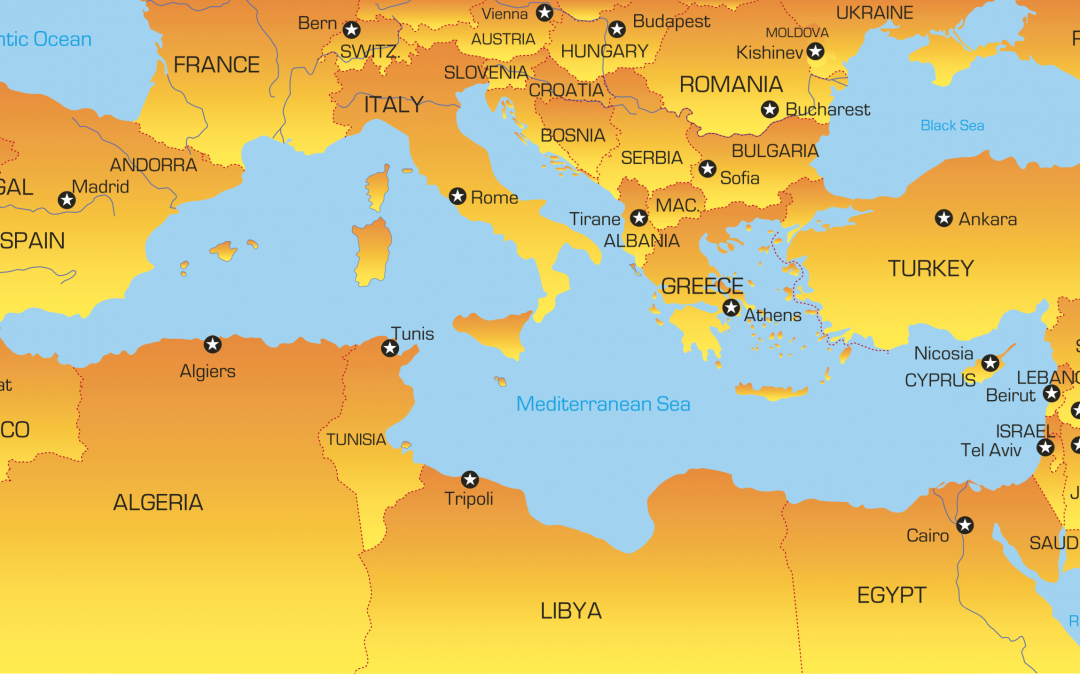Europe has entered an era of extreme weather phenomena. This was announced by a report presented last Wednesday the 29th of March 2017 by the European Environment Agency (EEA), which states that heat waves, floods, droughts and storms will become increasingly frequent and intense across the continent as a result of the change climate.In addition, the document notes that changes in global climate have already begun to have a negative impact on community health, nature and economy.
Experts warn that the south of the continent will be a “critical point”, one of the areas that will suffer the most from the consequences of climate change . “The climate data that have emerged in recent years emphasize how urgent it is to mitigate and adapt to climate change,” explains Hans-Martin Füssel, research coordinator.
The southern regions are already registering a greater increase in the maximum temperatures and lower levels of precipitation, as well as a decrease of the flow of the rivers. The combination of these factors significantly increases the occurrence of droughts – the report points to the north of Spain as a risk zone – which will result in damage to crops, deterioration of biodiversity and an increased risk of forest fires.
Those responsible for the study urge governments and community institutions to adopt more effective and flexible policies and strategies to adapt to this new reality. They point out that the success of these measures will be crucial in mitigating the impact of climate change on the health of European citizens as well as on the continent’s economy. “Adapted management involves plans that adapt to these changing circumstances,” explains André Jol, head of the EEA’s Vulnerability and Adaptation Group, “and taking into account the uncertainties about the future and constantly updated with new information based on Monitoring and evaluation “.
Effects on health and the economy
These effects include heat waves and changes in the distribution of infectious diseases. In countries around the Mediterranean, such as Spain, Greece and Cyprus, an increase in mortality due to high temperatures is expected . The spread of insects such as ticks and other disease carriers (such as the Asian tiger mosquito) will increase the risk of developing pathologies such as transmitted encephalitis, West Nile virus, or dengue fever. On the other hand, it is expected that the number of floods that have caused millions of injuries, deaths and diseases throughout Europe over the last decade will increase.











